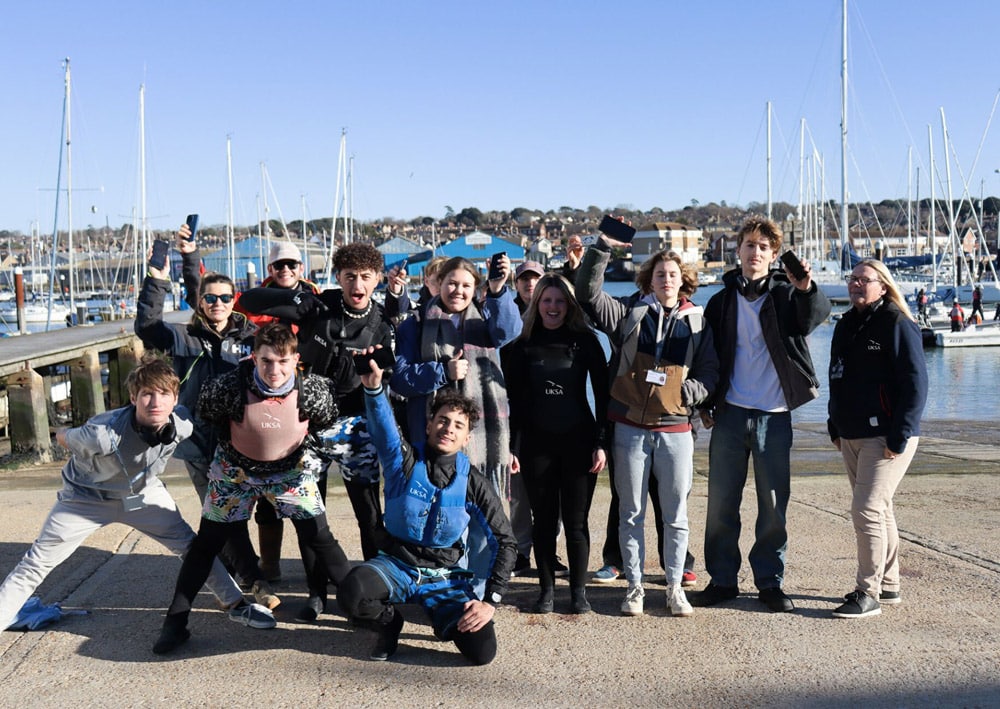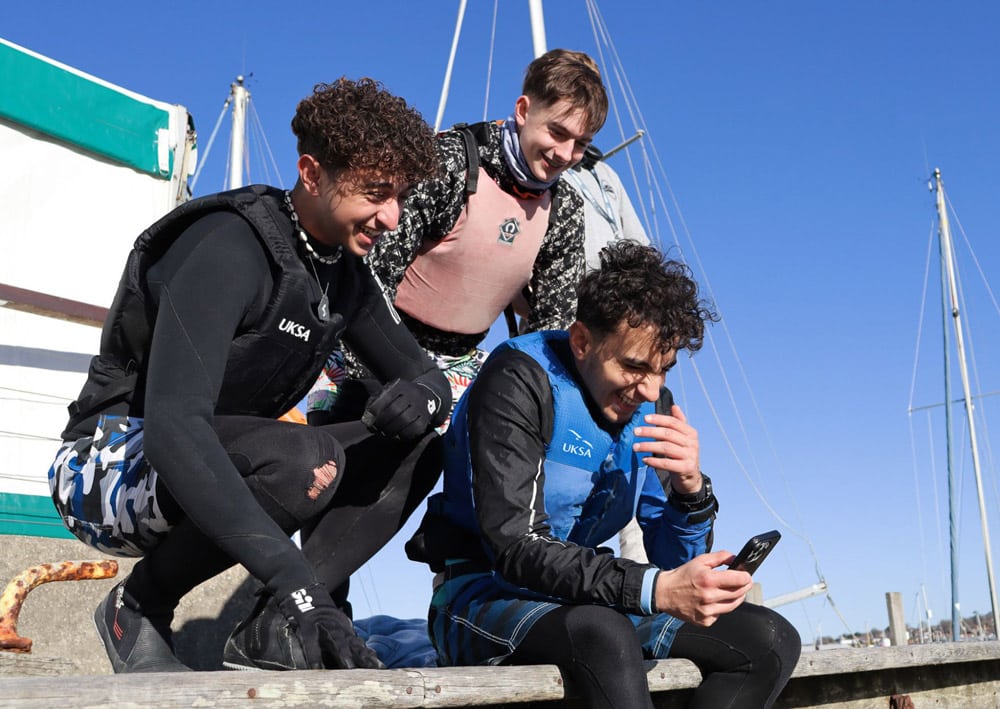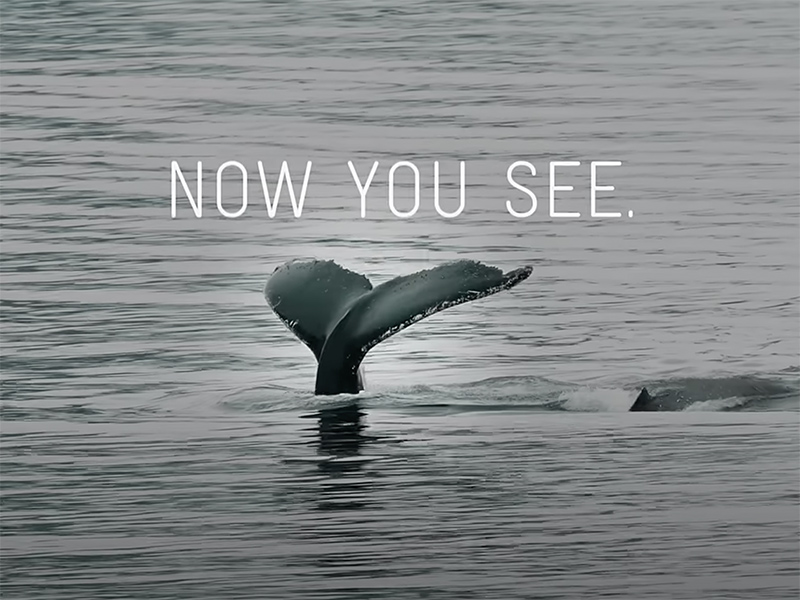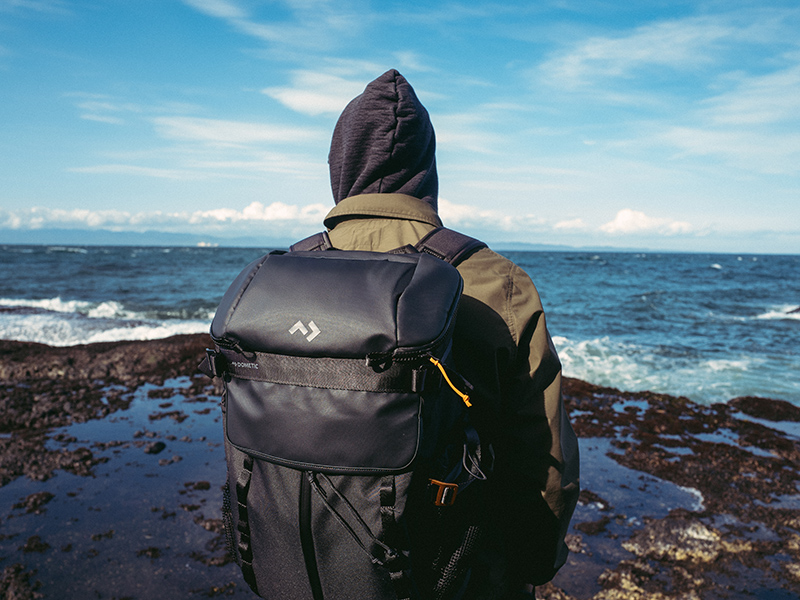Mercury Marine Launches 425hp and Enhanced 350hp Verado Outboards
Mercury Marine introduces the 425hp Verado and enhanced 350hp outboard, delivering faster acceleration, quieter cruising, and class-leading power for premium…

According to a GWI 2023 Report on Gen Z, 20 per cent of the generation say social media causes them anxiety, 25 per cent more likely than other generations to say this. Globally, they’re more likely than other generations to report having a mental health condition and almost 33 per cent say they’re prone to anxiety, a higher proportion than any other age group with the rates of anxiety and stress also rising.
The world’s largest RYA centre and UK maritime charity, based in Cowes on the Isle of Wight is aiming for a 20 per cent reduction in screen time in a trial with 13 of its Further Education students and 3 of its staff. The trial over a 4-week period aims to encourage non-screen-based activities, boost socialising in person and reduce social media induced anxiety.

UKSA will work with the students to establish the times they typically spend more time on screens and offer alternative activities during these times with students sharing their screen data on a weekly basis with the UKSA team.
Kim Fry, Safeguarding and Welfare Manager at UKSA said: “Whilst we appreciate that our young people need technology to study and connect, we value the idea that screen-free time is important for making personal connections and experiencing the world in real and actual terms.”
“Despite struggling the most, this report demonstrates that Gen Z is also the least comfortable opening up about how they feel compared to older generations. This trial will give us the opportunity to talk to the students about their screen habits, discuss how the changes are making them feel during the trial and then the results afterwards with an aim to encourage the students to continue with their new habits.”
The GWI report explains a combination of heavy representation of unrealistic body images, as well as more online abuse has led to female Gen Z feeling anxiety caused by social media more acutely than male Gen Z with females 16 per cent more likely than their male counterparts to say social media causes them anxiety. This is likely why they’ve been calling for more authenticity online, and why platforms like BeReal and TikTok have been so popular with them.
UKSA will work with the students to establish the times they typically spend more time on screens and offer alternative activities during these times with students sharing their screen data on a weekly basis with the UKSA team.
“We want to work with the students to help them individually identify the causes of the screen time, what alternatives might be available. Are they scrolling out of boredom rather than need? And how can we address that to create new, more healthy habits,” said Kim.
To find out more about UKSA, please visit www.uksa.org




Mercury Marine introduces the 425hp Verado and enhanced 350hp outboard, delivering faster acceleration, quieter cruising, and class-leading power for premium…


UN Tourism and E1 Series team up to advance sustainable sports tourism, marine conservation, and electric mobility through global race…


Sea.AI joins a European project using real-time AI vision to track whales, helping scientists reduce ship collisions and protect vital…


Dometic’s Unrestricted collection blends cooler tech with versatile bag design, delivering eco-conscious, all-day performance for travel, errands, and outdoor escapes.